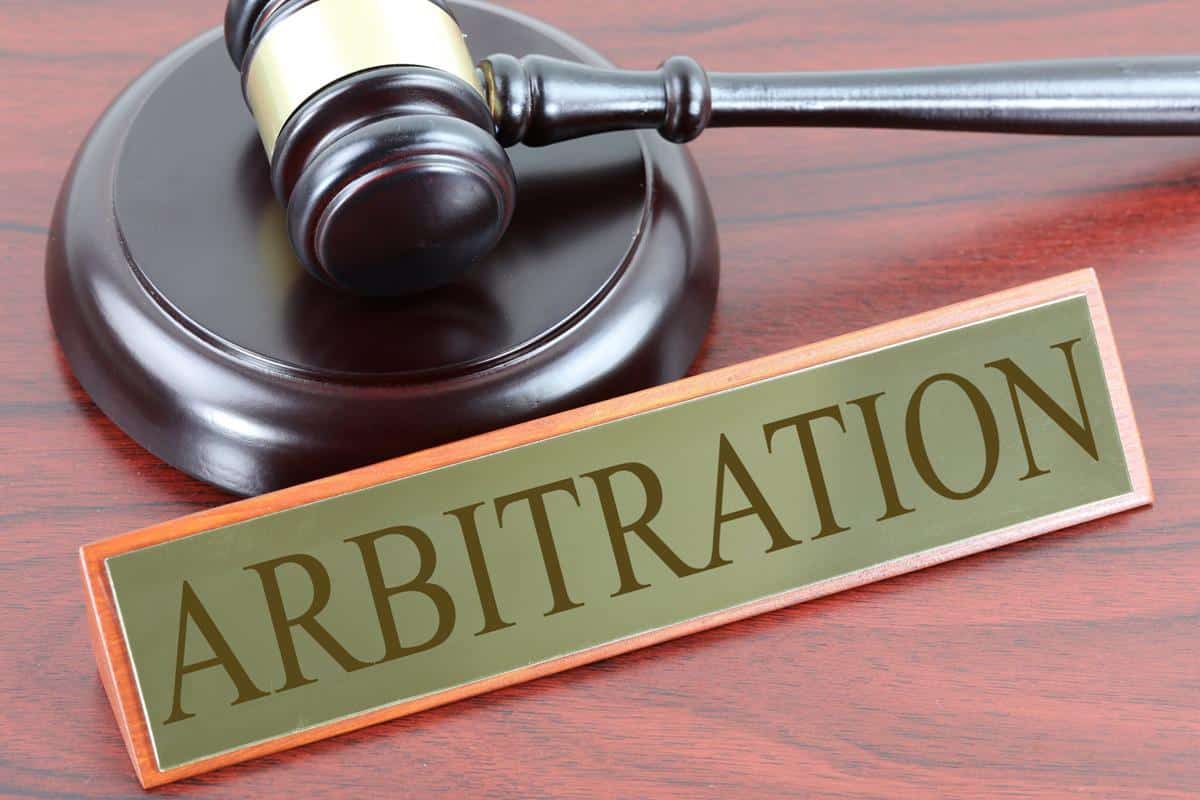
Arbitration
Arbitration is a form of alternative dispute resolution in which a neutral third party, known as an arbitrator, hears both sides of a dispute and renders a binding or non-binding decision. Unlike a court trial, arbitration is generally a private process, intended to be faster and more cost-effective than traditional litigation. Arbitration is commonly used in personal injury and contract disputes, where parties agree to settle disagreements outside of the courtroom. At 770GoodLaw, we guide clients through arbitration proceedings, ensuring that their interests are fully represented and protected throughout the process.
Purpose and Benefits of Arbitration
The primary purpose of arbitration is to resolve disputes without the time, expense, and formality of a court trial. Arbitration provides a streamlined process where both parties can present their cases in a more flexible, private setting. Key benefits of arbitration include:
- Efficiency: Arbitration is often faster than court trials, reducing the time to resolve disputes.
- Cost-Effectiveness: Arbitration can reduce legal fees and costs associated with lengthy litigation.
- Privacy: Arbitration proceedings are generally private, providing confidentiality for both parties.
- Flexibility: The arbitration process allows for more flexible procedures, enabling parties to tailor the process to suit their specific needs.
Types of Arbitration
Arbitration can take different forms, depending on the agreement between the parties and the specifics of the dispute. Common types of arbitration include:
- Binding Arbitration: In binding arbitration, both parties agree to accept the arbitrator’s decision as final. Once the arbitrator renders a decision, it cannot be appealed, making this type of arbitration similar to a trial’s final judgment.
- Non-Binding Arbitration: Non-binding arbitration allows parties to seek additional legal recourse if they are dissatisfied with the outcome. The arbitrator’s decision serves as a recommendation, not an enforceable ruling.
- Mandatory Arbitration: In some contracts, arbitration is required as the first step in resolving disputes, such as employment agreements or certain consumer contracts.
- Voluntary Arbitration: In voluntary arbitration, both parties agree to arbitrate their dispute without a pre-existing contractual obligation. This is often used when parties wish to avoid the formal court process.
The Arbitration Process
The arbitration process follows several structured steps, allowing both parties to present their case and reach a resolution. Common steps in arbitration include:
- Selection of an Arbitrator: Both parties typically agree on a neutral arbitrator or a panel of arbitrators. This individual or group serves as the decision-maker.
- Submission of Evidence and Testimony: Both parties present their evidence, witnesses, and arguments. Unlike a court trial, arbitration allows for more relaxed rules regarding evidence.
- Hearing: During the hearing, the arbitrator reviews the evidence, asks questions, and hears testimonies from both sides. This may occur in person or via video conference.
- Arbitrator’s Decision: After considering the evidence, the arbitrator renders a decision. In binding arbitration, this decision is final, whereas in non-binding arbitration, parties may still seek additional legal options.
Arbitration in Personal Injury Cases
In personal injury cases, arbitration may be used to resolve claims when parties wish to avoid a trial. Arbitration is often stipulated in insurance policies, employment contracts, and other agreements where liability and compensation are disputed. Key considerations for personal injury arbitration include:
- Faster Resolution: Arbitration often concludes faster than a court trial, allowing injured parties to receive compensation more quickly.
- Potential Cost Savings: Arbitration may reduce legal expenses, especially for straightforward cases where the primary issue is compensation.
- Limited Appeal Options: In binding arbitration, the arbitrator’s decision is typically final, limiting the ability to appeal if the outcome is unfavorable.
How 770GoodLaw Assists Clients with Arbitration
At 770GoodLaw, we provide experienced representation in arbitration proceedings, ensuring that our clients’ rights and interests are upheld. Our attorneys guide clients through each stage of arbitration, helping them navigate the process confidently and effectively. Our approach includes:
- Evaluating Arbitration Agreements: We review arbitration clauses in contracts to determine their enforceability and whether arbitration is the best option for resolving a dispute.
- Preparing for Arbitration Hearings: Our team gathers evidence, prepares arguments, and works closely with clients to ensure they are ready for the arbitration hearing.
- Selecting Qualified Arbitrators: When possible, we work with clients to select an arbitrator with relevant expertise, helping to ensure a fair and knowledgeable review of the case.
- Advocating for Fair Outcomes: Our attorneys represent clients throughout the arbitration process, presenting compelling arguments and negotiating for favorable terms when possible.
Importance of Legal Representation in Arbitration
While arbitration may be less formal than a trial, having skilled legal representation remains crucial to ensuring that clients receive fair treatment. Experienced attorneys bring knowledge of arbitration rules and strategies, allowing clients to navigate the process with confidence. At 770GoodLaw, we advocate for our clients’ rights in arbitration, working diligently to secure just outcomes.
Why Choose 770GoodLaw for Arbitration Cases
With our commitment to Relentless Reliability and Sincetegrity, 770GoodLaw provides dedicated representation in every arbitration case. Our firm’s experience with arbitration ensures that clients receive comprehensive support, from preparing evidence to advocating effectively during hearings. We help clients pursue fair resolutions, allowing them to move forward with confidence.






